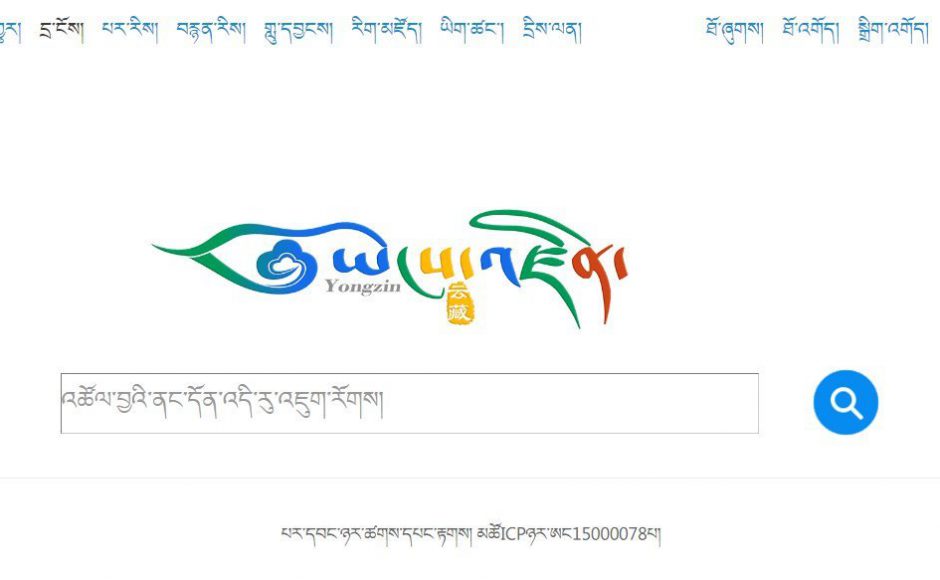Julian Assange’s charges are a direct assault on press freedom, experts warn
Parts of the indictment go head-to-head with basic journalistic activities protected by the first amendment, academics say

Ed Pilkington, The Guardian | 12 April 2019
The charge sheet accusing Julian Assange of engaging in criminal theft of US state secrets contains a direct assault on fundamental press freedoms and could have a devastating effect on the basic acts of journalism, leading first amendment scholars and advocacy groups have warned.
Prosecutors in the eastern district of Virginia released on Thursday an indictment against the WikiLeaks founder that has been under seal since March 2018. It will now form the basis of the US government’s request for Assange to be extradited from the UK to Alexandria to face trial.
Academics and campaigners condemned large chunks of the indictment that they said went head-to-head with basic activities of journalism protected by the first amendment of the US constitution. They said these sections of the charges rang alarm bells that should reverberate around the world.
Yochai Benkler, a Harvard law professor who wrote the first major legal study of the legal implications of prosecuting WikiLeaks, said the charge sheet contained some “very dangerous elements that pose significant risk to national security reporting. Sections of the indictment are vastly overbroad and could have a significant chilling effect – they ought to be rejected.”
Carrie Decell, staff attorney with the Knight First Amendment Institute at Columbia University, said the charges “risk having a chill on journalism”. She added that the tone of the indictment and the public release from the Department of Justice that went with it suggested that the US government desired precisely that effect.
“Many of the allegations fall absolutely within the first amendment’s protections of journalistic activity. That’s very troubling to us.”
Among the phrases contained in the indictment that have provoked an uproar are:
“It was part of the conspiracy that Assange encouraged Manning to provide information and records from departments and agencies of the United States.” It is a basic function of journalism to encourage sources to provide information in the public interest on the activities of government.
“It was part of the conspiracy that Assange and Manning took measures to conceal Manning as the source of the disclosure of classified records to WikiLeaks.” Protecting the anonymity of sources is the foundation stone of much investigative and national security reporting – without it sources would not be willing to divulge information, and the press would be unable to fulfill its role of holding power to account.
“It was part of the conspiracy that Assange and Manning used the ‘Jabber’ online chat service to collaborate on the acquisition and dissemination of the classified records.” The indictment similarly refers to a dropbox. Both Jabber and Dropbox are communication tools routinely used by journalists working with whistleblowers.
A key element of the indictment is a new allegation that Assange actively engaged in helping Manning try to crack a password that allowed the US soldier to gain unauthorized and anonymous access to highly sensitive military computers. At the time, in 2010, Manning was working as an intelligence analyst at a forward operating base outside Baghdad.
Experts on freedom of the press and speech were generally more relaxed about that narrow charge, standing on its own, in that it essentially accuses Assange of violating computer hacking laws – specifically the Computer Fraud and Abuse Act – in a way that has no first amendment protection. If prosecutors succeed in presenting evidence beyond a reasonable doubt to that effect, it is unlikely to arouse fierce opposition across the board.
Bradley P Moss, deputy executive of the James Madison Project, a public-interest group focusing on US intelligence and national security, said he was unflustered by the hacking allegation. “I have no concerns about the broader ramifications for press freedoms, whether in the US or elsewhere. What Julian Assange did is what journalists are trained not to do.”
But fears for the chilling impact of the prosecution were rampant. The Center for Constitutional Rights, whose late president Michael Ratner was Assange’s lawyer in the US, warned that the threat posed by the indictment was increased by having a president in the White House hostile to the media.
“This is a worrying step on the slippery slope to punishing any journalist the Trump administration chooses to deride as ‘fake news’,” it said.
Two advocacy groups working in the field of press freedom also waded in. The Committee to Protect Journalists said the wording of the charges contained “broad legal arguments about journalists soliciting information or interacting with sources that could have chilling consequences for investigative reporting and the publication of information of public interest”.
Freedom of the Press Foundation said: “Whether or not you like Assange, the charge against him is a serious press freedom threat and should be vigorously protested by all those who care about the first amendment.”





